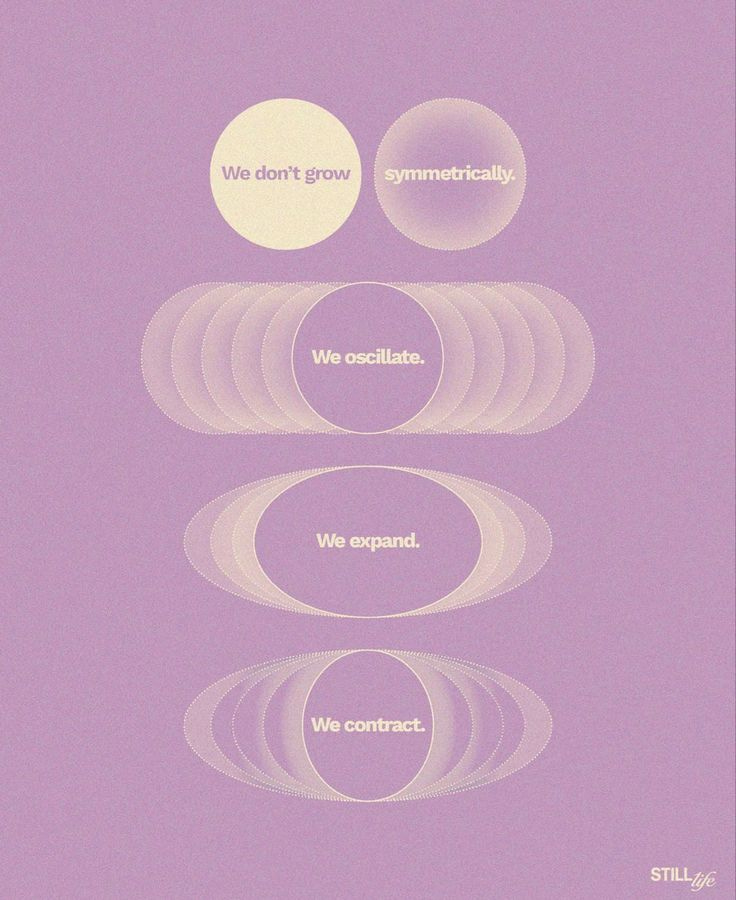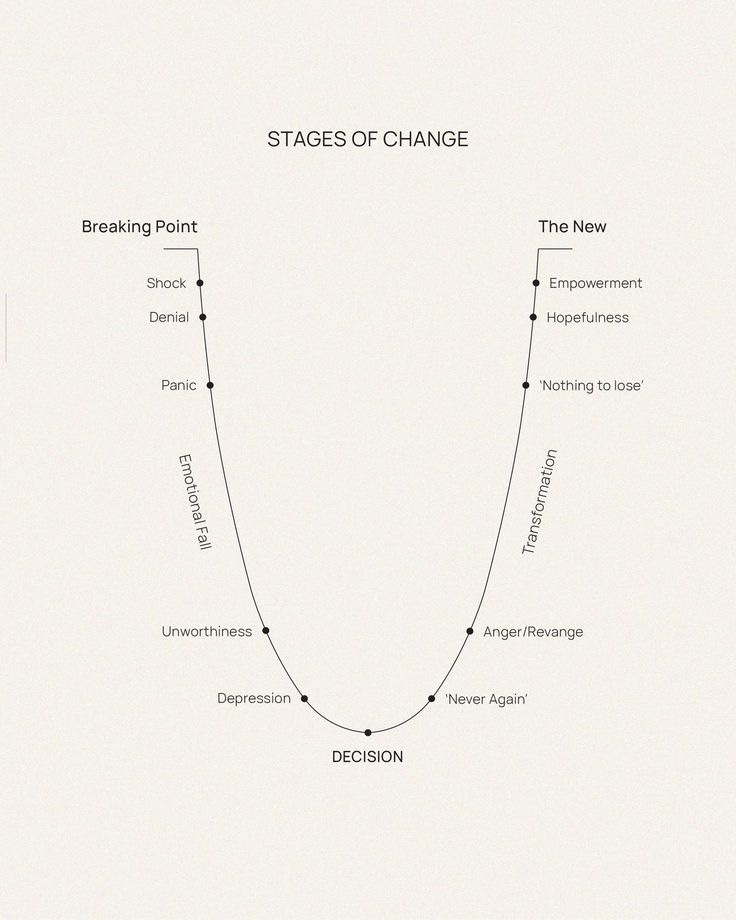a follow-up to
“It is not the strongest of the species that survive, nor the most intelligent, but the one most responsive to change.” — Charles Darwin
A massive slab lay abandoned in Florence, dismissed by two sculptors of acclaim as flawed, useless. For decades, the elements beat down on this wasted slab until one fateful day in 1501 when it was gazed upon by Michelangelo. He recognized the marble for something no one else saw: its potential. For 3 grueling and isolated years—and nearly 28 years of practice— he carved until his masterpiece was free, and gave us the statue of David, one of the greatest works our kind has ever made.
You are the only one that has the ability of sight Michelangelo himself had: you know what you could be.
Rewiring our minds is a great deal like creating a sculpture, you must chip away, day by day, until you’re able to see beyond the details that once consumed you. Small, flawed attempts are far better than nothing. It is because we fail over and over again that we’re able to build the patience that greatness requires. Failure is both inevitable and essential. It’s a mirror for our behaviors and current understandings, each vision necessary if we aim to improve. Understanding this will turn your guilt into grace— humility, after all, is simply shame that has been transformed.
The Illusion of Control
“We cannot solve our problems with the same thinking we used
when we created them.” — Albert Einstein
Do you feel as though you set the same goals each year? You could be suffering from the illusion of control— the idea that familiar goals make us feel as though we’re ‘doing something’, even if without true conviction.
How to overcome this feeling:
Perhaps the goal you have set for yourself is not the actual thing you desire. If your goal is to ‘make more money’, you must ask yourself why. What feeling are you chasing? Financial freedom? Security? Autonomy? By exploring the root of your goal you can take small steps towards it. A good way to do this is to ask yourself why 5 times to unravel your goal.
Example: I want to make more money. Why? Because I want to feel more in control of my life. Why do you feel like you need more control? Because right now, I can’t live the life I truly want. Why can’t you live the life you want? Because after work, I feel too mentally and physically drained to do the things that matter to me. Why does work leave you so drained? Because I don’t have ways to recharge, so work ends up taking all of my energy—even my energy outside of work.
This process could reveal that your true desire isn’t necessarily about making more money—it’s about prioritizing the life you want. When you realize this, you can begin actually solving your problem.
Romanticizing Failure
Reframing failure as “effort” gives us a noble narrative without requiring actual progress. It’s saying at least I tried!, which is far more comforting than admitting the reality, I gave up, again.
How to overcome this:
Reframe your struggle as feedback. See your goals as experiments, and your previous attempts as information. This will shift your mind into an experimental mindset: each time you try is trial and error, not pass fail. Let’s say that your never-ending goal is getting fit. Here’s how you can reframe your thinking:
Set fail-proof goals: pick goals that are so easy, anyone can do it. Drink 1 full glass of water before bed, do 5 pushups, look up one healthy recipe, stretch for one minute. Don’t self-sabotage: those are so small, how could that even help? Little by little, one goes far. Don’t you think you’ll look back and be so happy you started today? :).
Shift your mindset from I’m doing to I’m trying.
Celebrate, and I mean really celebrate, the wins along the way. Stop being so goddamned mean to yourself. So what if you only took a 10 minute walk today? Better than nothing. Did you only have one healthy meal today instead of all 3? Better than nothing. Did you fall off today? How lucky you are to be able to try again! How would you talk to your 16-year-old self who was trying something new?
Familiarity is a Psychological Safety Net
Repeating failed goals provides psychological comfort because it allows us to feel as though we’re taking action. Therefore, failing repeatedly gives us comfort— it’s familiar.
How to overcome this:
Take tiny, controlled risks. Turn your focus away from your end goal, and towards novelty and curiosity. View your comfort zone, your habits, as something that can be gently expanded. Think about how harsh light feels on your eyes when you wake up in the morning. Slowly, painfully, you begin to see clearly. Allow me to assume that, like every normal person, your comfort zone is on the couch, watching reruns for a few hours after work. I will also assume, for the sake of argument, that you would like to spend your time differently, however, this pattern brings you comfort, and therefore has remained. Here’s how to slowly shift your mindset:
Pick something slightly different but still approachable, like watching a documentary instead of a series or taking a 5-minute walk before sitting down. It’s small enough not to feel overwhelming but still disrupts your usual pattern. Small breaks from patterns are what sparks new ideas, new thoughts. It could lead you to doing something you didn’t imagine before and even if you still decide to watch your reruns, you will have done something different today than you did yesterday. The pattern will be broken.
Blaming the External, Ignoring the Internal
After a while, having the same New Years resolution or the same goals can feel illusive, or worse, it can make you feel worthless. When this happens, we shift blame onto external factors—“I didn’t have time last year” or “I was too busy.” It allows our brain to ‘reason’ with our irrationaly, which is more psychologically comfortable than admitting we haven’t committed. Release the pressure. You don’t need to overhaul your life overnight—just commit to showing up for yourself in small, meaningful ways.
How to overcome this:
Let’s say you’ve recycled “be more organized” for the last five years.
Ask yourself, “Am I chasing this because I truly want it, or because I feel like I should?” Sometimes, our goals are based on what we envy in others, or our belief that one way is better than another. Understand that as a unique individual, a one-size-fits-all method will not suit you. For me, I have let go of the idea of a complex morning routine. I admire it in others, but for me, it doesn’t evoke any joy. It just makes me feel like everything I ‘wanted’ to do is a chore. I changed my goal: Simply wake up earlier and read. For me, this has been a fabulous improvement.
Break your goals into steps!!!!! Oh my goodness, have I made a mess of this one. How many times have I said ‘I’m going to organize my whole house’ only to feel depressed when the only thing I accomplished was organizing my socks. My error was failing to realize that if I want to organize my whole apartment (all 700 square feet), I will, actually, have to organize my socks. Take something big and break it down. You are not lessening your goal— you’re showing yourself how to accomplish it.
“Growth is painful. Change is painful. But nothing is as painful as staying stuck somewhere you don’t belong.” — Narayana Murthy
Lastly, I implore you to find something— every single day— to celebrate about yourself. Even the smallest victory releases dopamine, reinforcing the behaviors that move you closer to your goals. The ‘you’ that is a success, that is living the life of your dreams, is here with you now.
The air you breathe now, as your chest swells and collapses, is the gift of your unlimited potential. I am of the personal belief that life might be comprised of a single day, as the only thing we know for certain is that we are here, now, reading this together. The past shame and mistakes we committed yesterday have nothing to do with us now. If we carry around the same bricks we will inevitably make the same house. Release the idea of perfection and encourage the feeling of wonder. Try everyday, even if just for a moment. Do not allow the ghosts of your wasted potential to haunt your grave.
You are the angel, the marble, the sculptor. Carve yourself free.
With great personal aesthetic,
Alexandra Diana, The A List











